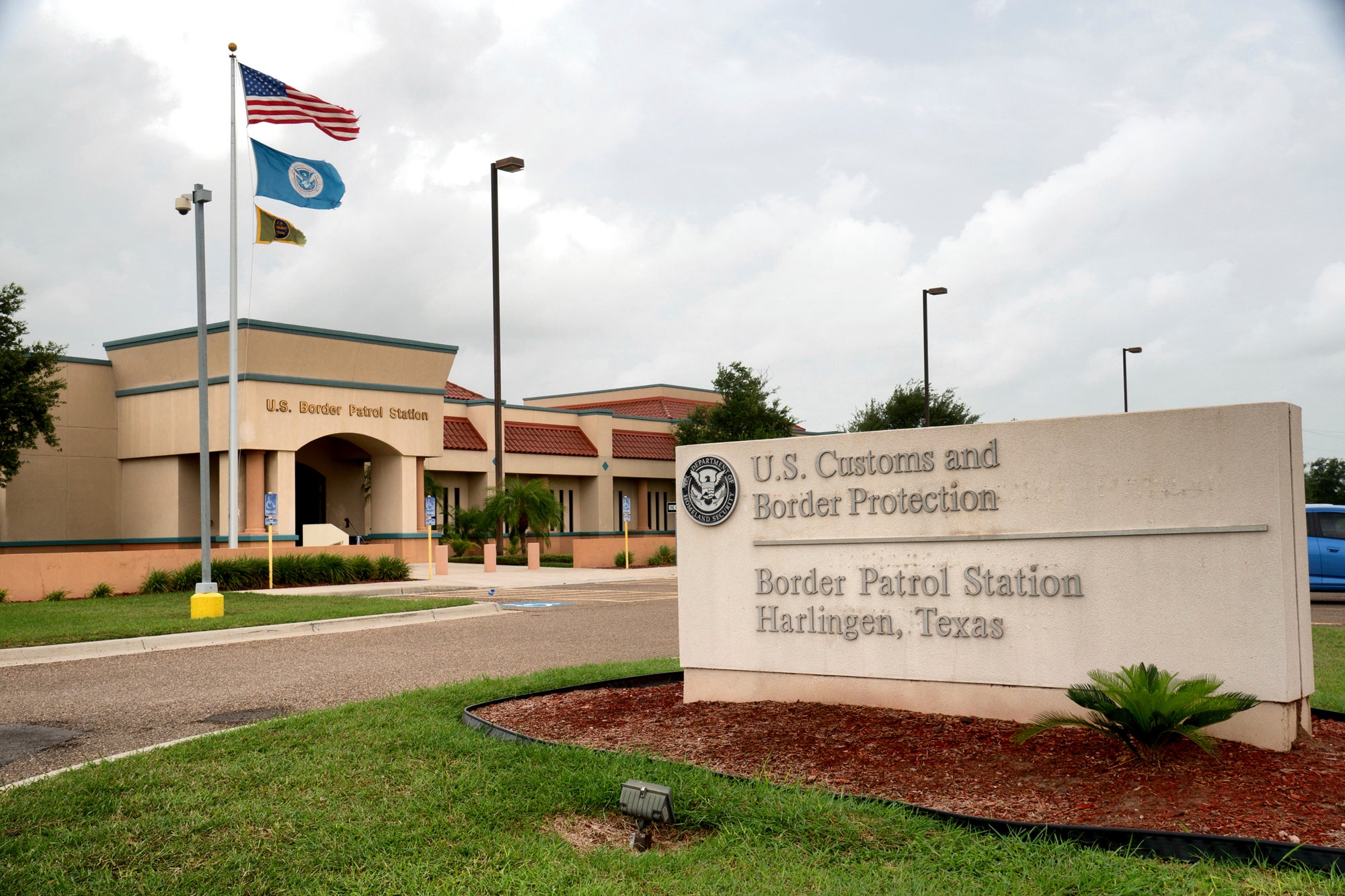Despite flags, Border Patrol staff didn't review fragile 8-year-old girl's file before she died
An internal investigation finds that Border Patrol medical staff declined to review the file of an 8-year-old girl with a chronic heart condition and rare blood disorder before died on her ninth day in custody

Border Patrol medical staff declined to review the file of an 8-year-old girl with a chronic heart condition and rare blood disorder before she appeared to have a seizure and died on her ninth day in custody, an internal investigation found.
U.S. Customs and Border Protection has said the Panamanian child's parents shared the medical history with authorities on May 10, a day after the family was taken into custody.
But a nurse practitioner declined to review documents about the girl the day she died, CBP's Office of Professional Responsibility said in its initial statement Thursday on the May 17 death. The nurse practitioner reported denying three or four requests from the girl’s mother for an ambulance.
A day before she died, Anadith Tanay Reyes Alvarez showed a fever of 104.9 degrees Fahrenheit (40.5 degrees Celsius), the report said.
A surveillance video system at the Harlingen, Texas, station was out of service since April 13, a violation of federal law that prevented evidence collection, according to the Office of Professional Responsibility, akin to a police department’s office of internal affairs. The system was flagged for repair but wasn't fixed until May 23, six days after the girl died.
Still, the report relied on interviews with Border Patrol agents and contracted medical personnel to raise a host of new and troubling questions about what went wrong during the girl's nine days in custody, which far exceeded the agency's own limit of 72 hours.
Investigators gave no explanation for decisions that medical staff made and appeared to be at a loss for words.
“Despite the girl’s condition, her mother’s concerns, and the series of treatments required to manage her condition, contracted medical personnel did not transfer her to a hospital for higher-level care,” the Office of Professional Responsibility said.
Troy Miller, CBP's acting commissioner, said the initial investigation “provides important new information on this tragic death" and he reaffirmed recent measures including a review of all “medically fragile” cases in custody to ensure they are out of custody as soon as possible. Average time in custody has dropped by more than half for families in two weeks, he said.
“(This death) was a deeply upsetting and unacceptable tragedy. We can — and we will — do better to ensure this never happens again,” Miller said.
Anadith entered Brownsville, Texas, with her Honduran parents and two older siblings May 9 when daily illegal crossings topped 10,000 as migrants rushed to beat the end of pandemic-related restrictions on seeking asylum.
She was diagnosed with the flu May 14 at a temporary holding facility in Donna, Texas, and was moved with her family to Harlingen. Staff had about nine encounters with Anadith and her mother over the next four days at the Harlingen station until her death over concerns including high fever, flu symptoms, nausea and breathing difficulties. She was given medications, a cold pack and a cold shower, according to the Office of Professional Responsibility.
A court-appointed monitor expressed concern in January about chronic conditions of medically fragile children not getting through to Border Patrol staff.
Dr. Paul H. Wise, a Stanford University pediatrics professor who was in South Texas last week to look into the circumstances around what he said was a “preventable” death, said there should be little hesitation about sending ill children to the hospital, especially those with chronic conditions.
Mabel Alvarez Benedicks, Anadith’s mother, told The Associated Press that she informed staff of her child’s conditions, which included sickle-cell anemia, and repeatedly asked for medical assistance and an ambulance to take her daughter to a hospital but the request were denied until her child fell unconscious.
Karla Marisol Vargas, an attorney for the Texas Civil Rights Project who is representing the family, said Border Patrol agents rejected her pleas for medicine until the day she died.
“They refused to review documents showing the illnesses that her daughter had,” Vargas said.
The family is living with relatives in New York City while funeral arrangements are made.
___
Associated Press writer Elliot Spagat in San Diego contributed to this story.
Bookmark popover
Removed from bookmarks